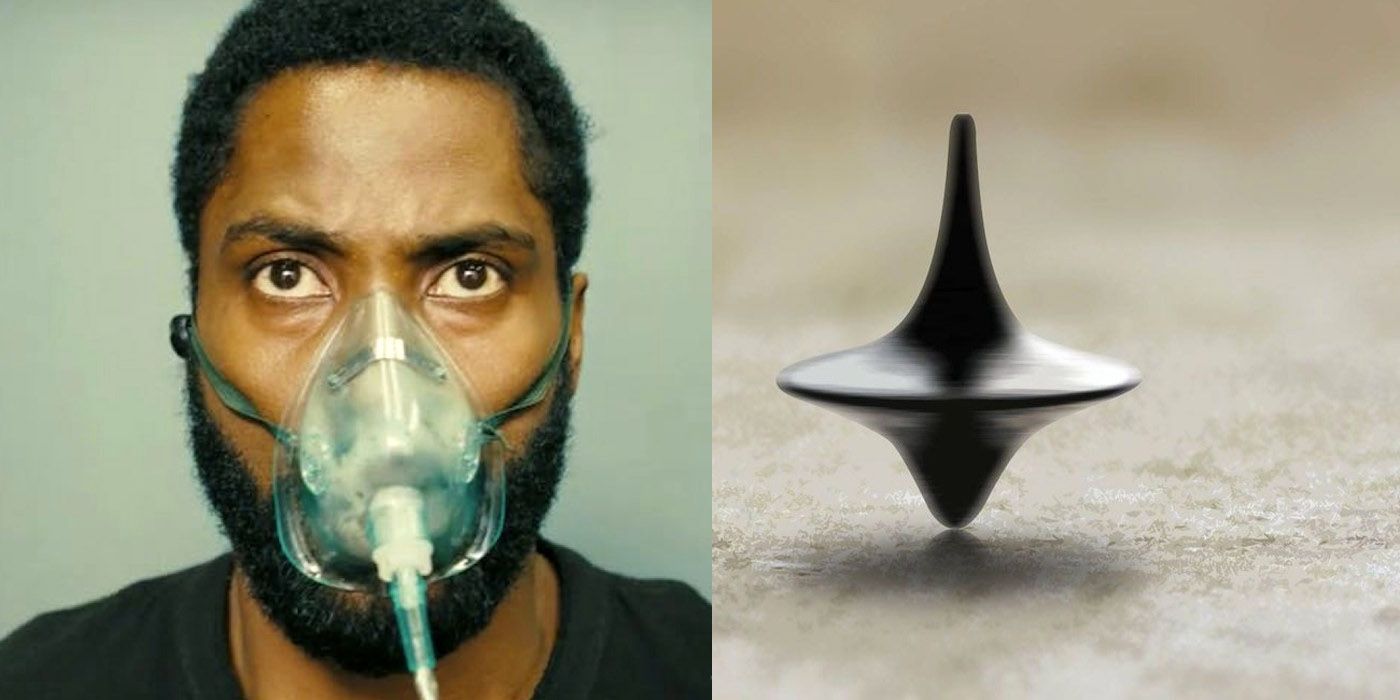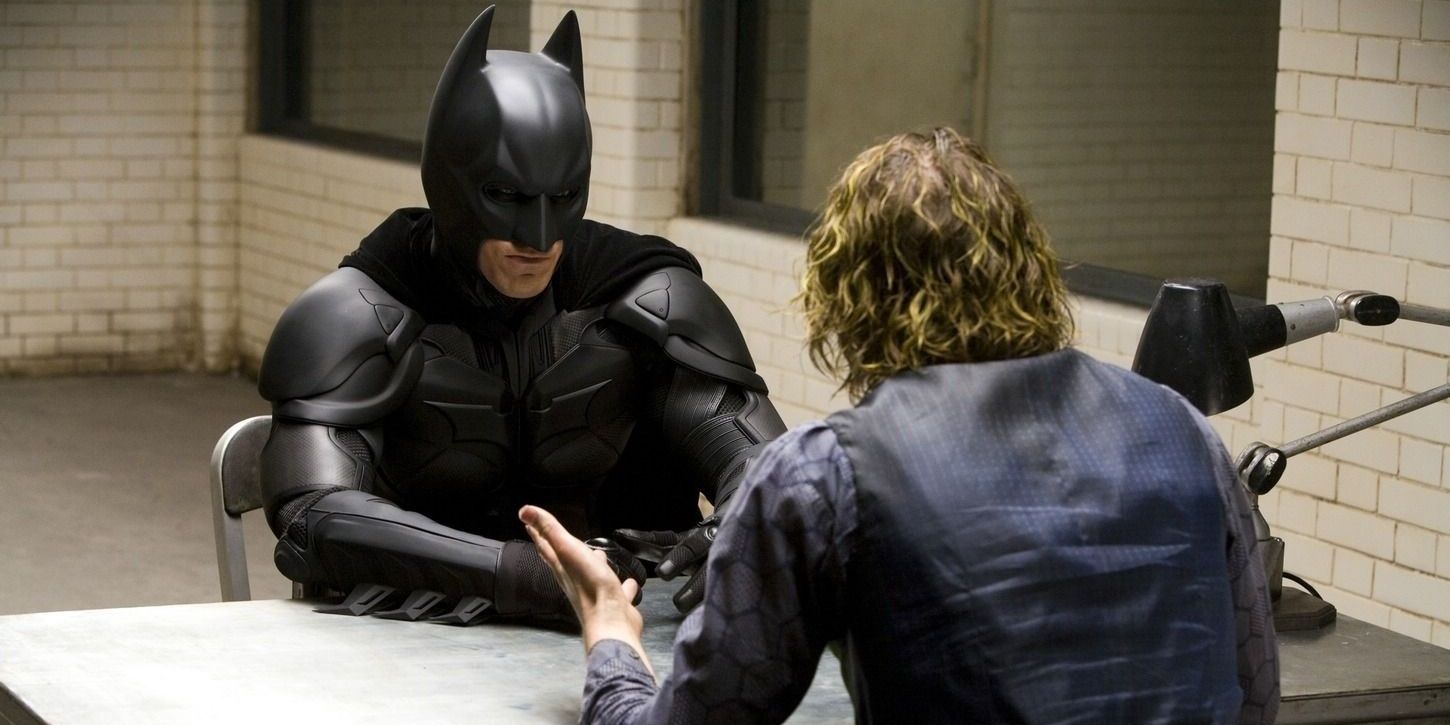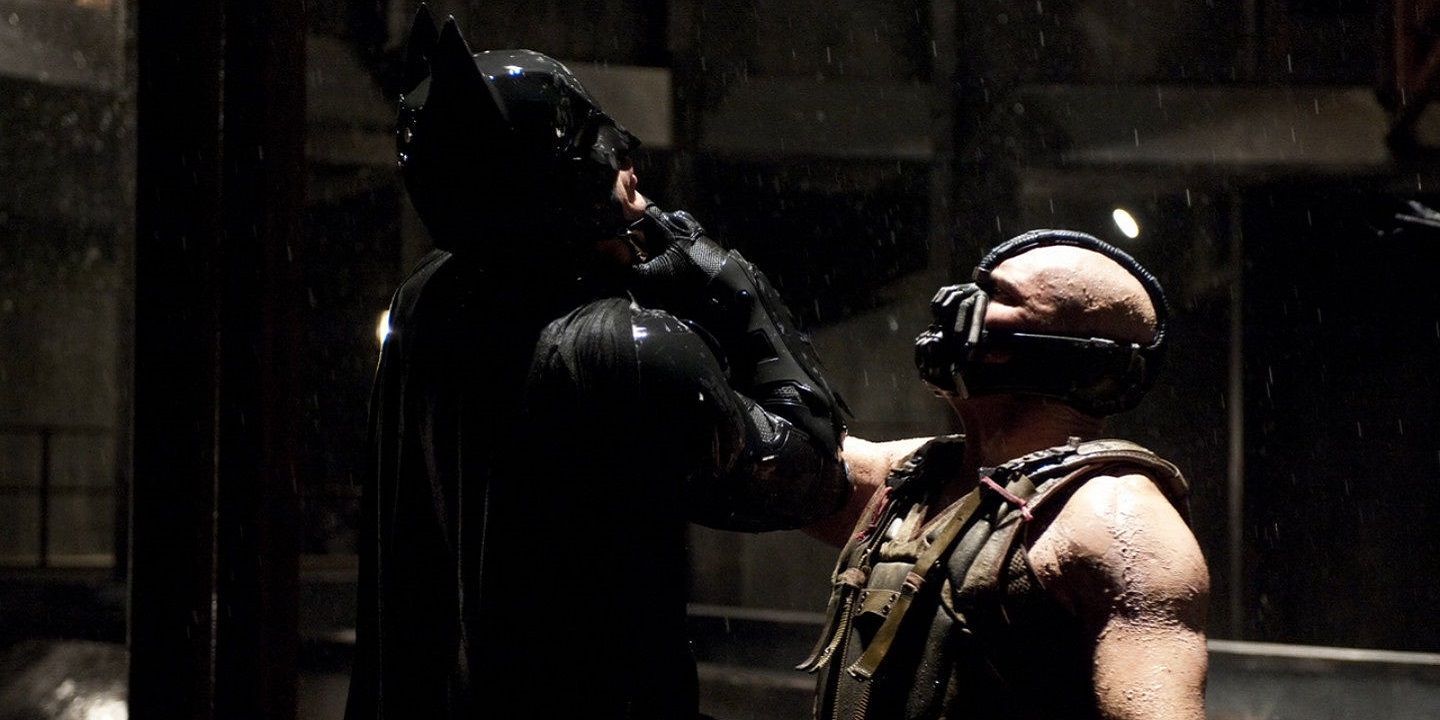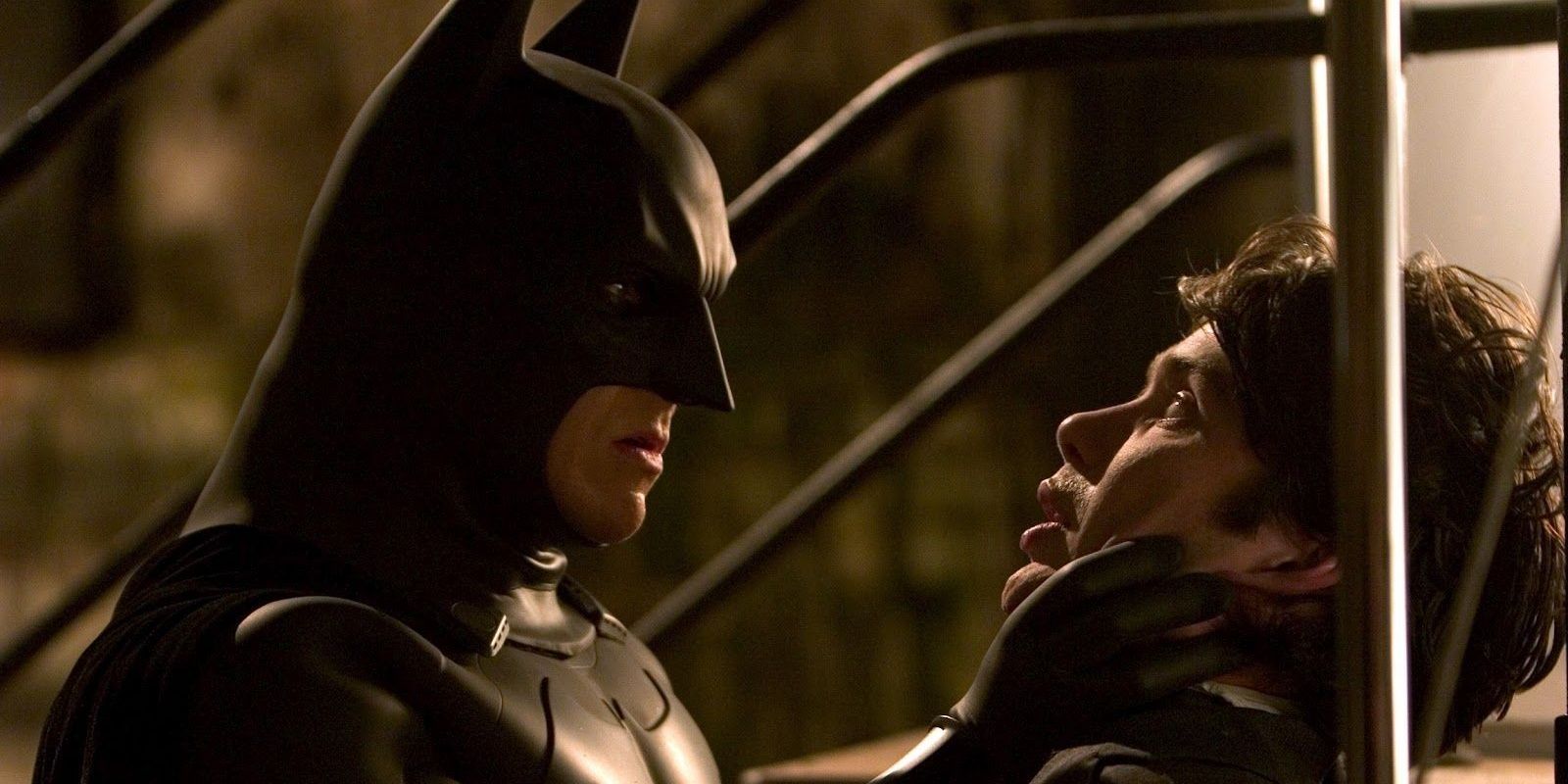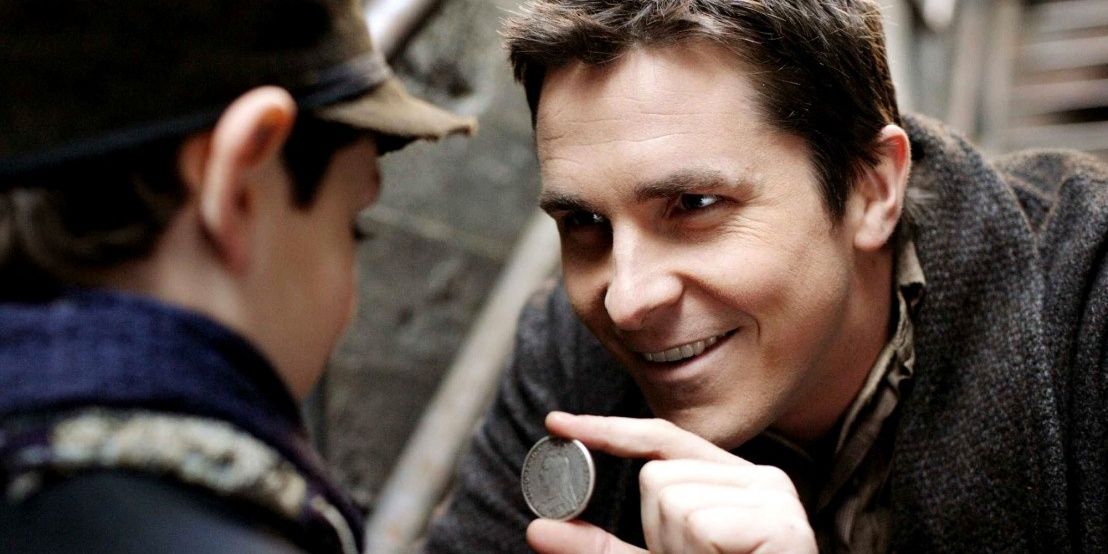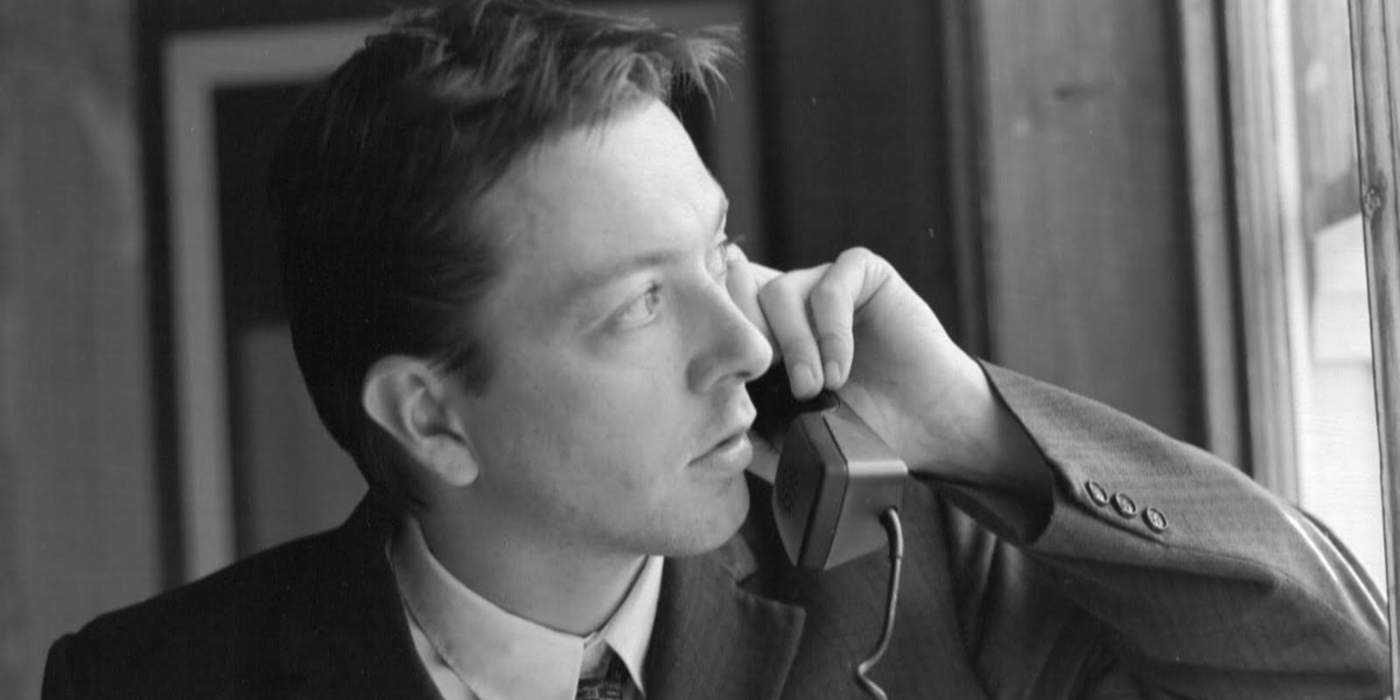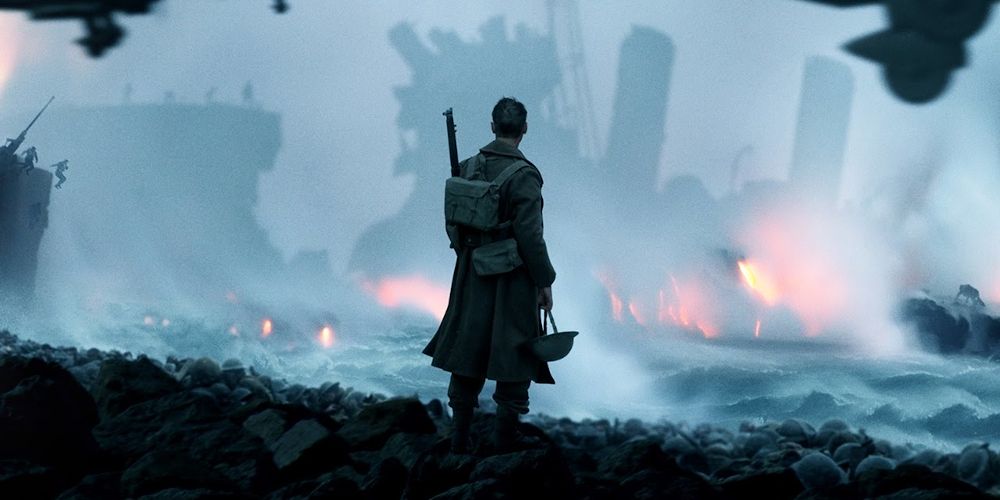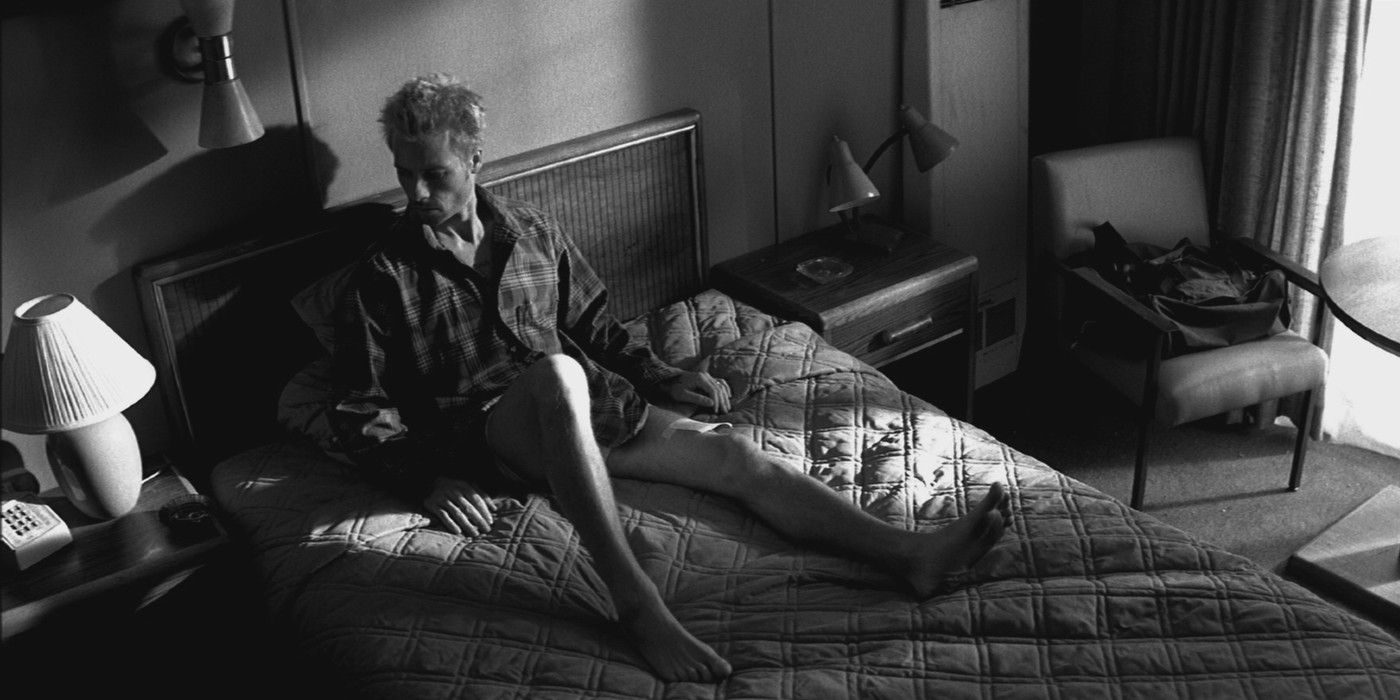There is no doubt that Christopher Nolan is not only one of the best filmmakers working today, but also one of the most daring. Nowadays, taking huge budgets to craft films that are far more than simple blockbusters, but are like arthouse flicks supersized. Nolan films have many common aspects, but perhaps his biggest obsession is the idea of time.
Nolan loves playing with the idea of time, especially how it relates to perception and how the audiences are perceiving the events of his stories, and how in turn, the stories are presenting themselves structurally, manipulating time immensely through the plot of his films.
Insomnia (2002)
Insomnia is the most unique Nolan movie in that it is the most un-Nolan of his eleven features. This is primarily because it is the only one of the films for which he did not have a writing credit, and was his debut on the Hollywood feature scene.
Nolan puts his twist on the film, which is a remake of a 1997 thriller of the same name, in the director's chair, but it does not have much time manipulation, instead of being a typical psychological thriller that is very well made.
The Dark Knight (2008)
Batman Begins may be underrated, but that does not make it better than perhaps the most excellent superhero/comic book film ever created, The Dark Knight, a film that deals with time a bit more.
The Dark Knight does not necessarily manipulate time as such, but a lot of the movie has to do with racing against time, running out of time, and staring time in the face. Waiting for the boats to blow up, seeing whether or not Bruce decides to come forward, going after Rachel and Harvey, these are all moments relating to time, but not so much manipulating it or the structure.
The Dark Knight Rises (2012)
The finale of the trilogy, The Dark Knight Rises, a film whose merit often gets questioned next to its predecessor, but so loved by many and dabbles a little bit in time manipulation.
Time is often a bit of an issue with this film to some people. As well as the elements of racing against time, there is the length of the events of the film, which are obscure, and details like how it took Wayne to get from the pit to Gotham so quickly.
Batman Begins (2005)
There is a serious case to be made that Batman Begins is the most underrated film in Nolan's filmography, so often overshadowed by the two movies that came after it when in reality, it may be the greatest superhero origin story ever told on the big screen.
In terms of time manipulation, the Dark Knight trilogy keeps it at a minimum, choosing instead to focus on themes such as fear, chaos, and power, as well as reflecting upon society itself. In Batman Begins, though, there is a genuine time-based motif that goes alongside the racing against time from the other two movies, that being flashbacks. Not massively manipulative, but more than the other two.
The Prestige (2006)
The Prestige is another film where Nolan uses the time to alter the structure of a movie through non-linear storytelling, but to a much lesser extent than other films.
The movie, which also has a case to be his most underrated masterpiece, cuts between present and past and is structured in the same way as Nolan describes a magic trick, with a simple three-act structure sure to shock and amaze.
Following (1998)
There is a case for each of this film, the previous, and the next movie to have more time manipulation more than the other, and there is not much separating just how much Nolan does so in each, just how he does it.
Nolan's feature debut, Following, does not so much play with the idea of time within the plot, but rather with the narrative structure, with scenes, sequences, and acts out of order, hiding the film's twist, manipulating the structure with the use of non-linear storytelling.
Dunkirk (2017)
Dunkirk is a movie that some will argue is Nolan's very best, while others will say it gets hurt by the lack of character connection and emotional core. But there is no denying it is a masterfully made movie that also incorporates time into its structure.
The movie is another that, rather than using and exploring the concept of time in the film's plot, uses it to alter perception and structure by looking at the events from three different points of view: the land, the sea, and the air. Each of these is separate storylines, starting at different times concerning the evacuation, making the film disorienting, and once again manipulating the audience's perception.
Memento (2000)
When you think about Nolan altering the typical structure of storytelling, Memento is the film that immediately springs to mind. It is an incredible and wildly original film that explored Nolan's obsession with time more than any of his movies for eight years.
The story has such a magnetic structure, and would most definitely top a list of Nolan movies that manipulate the structure or use the time to alter structure and perception. The film has two timelines, one in black and white, one in color, one chronological, one in reverse, with the movie seemingly told backward. It is a genuinely fascinating watch and analysis.
Inception (2010)
Moving on to the three films in which time gets manipulated as a part of the plot, and something the characters themselves take into consideration as well as having it manipulated by the mind of Nolan, Inception is very often called Nolan's masterpiece.
The manipulation of time is straightforward in this story; it changes and gets slower the more layers into a dream the characters go. Again, if this were to do with how time affects the structure, Inception would likely fall below Memento and even Dunkirk, but how it gets manipulated from a concept born in Nolan's mind puts it high up the list.
Interstellar (2014)
Four years later, Nolan took the concepts of Inception one step further, with Interstellar once again having Nolan craft an elaborate plot with time pretty much being at the center of it all.
Instead of dreams, Interstellar deals with how time changes throughout different planets, and also deals with topics like black holes and a fifth dimension tesseract. It is crucial to the plot with Cooper and his kids, and how they grow old as he stays the same age. The structure remains pretty linear, but from Earth, it is massively accelerated due to how time works in the movie.
Tenet (2020)
Last but certainly not least is Nolan's latest, Tenet, a film which takes every aspect of the filmmakers time obsession and throws it into one fast, action-packed, visually spectacular, emotionally cold epic.
The movie does have a linear structure, but at the same time has the audience following events twice, once backward once forwards, as Nolan explores the concept of inversion. It is a confusing and fascinating exploration of time, and one that requires multiple viewings to understand truly, but even more so than the structure of Memento and Dunkirk or the idea of time in Inception and Interstellar, Nolan goes all out in his time manipulation.

